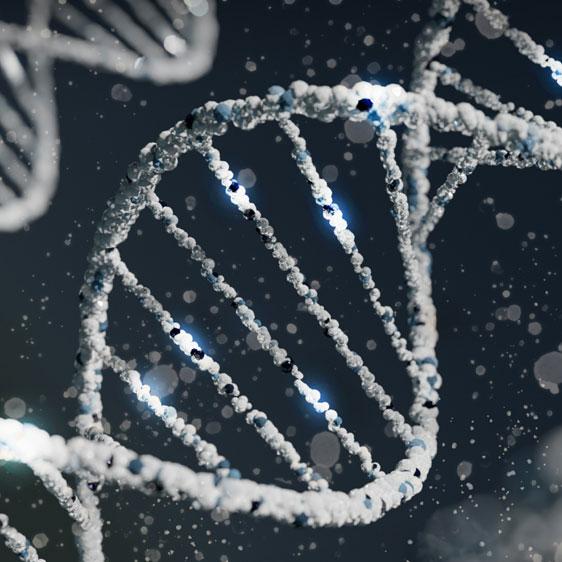Biotechnology & Biomanufacturing

Advance your career in biotechnology and biomanufacturing with courses that cover essential topics like aseptic processing, upstream and downstream biopharmaceutical production, cGMP compliance, and technical writing. Gain hands-on experience in simulated cGMP environments, develop key skills for regulatory and operational excellence, and prepare for roles in life sciences industries. Explore flexible learning options tailored to meet the needs of professionals in this rapidly growing field.
Sample Courses
Below is a sample listing of the types of courses we can provide for area manufacturers. The content of most courses can be modified to meet the specific needs of your company. Additionally, unless tied to a certification or credentialing agency, the duration of most courses can be adjusted to meet your company’s needs and/or schedule.
This course provides the foundational knowledge of aseptic practices required for processing sterile products and maintaining customer safety.
Course Hours:
- 12 hours
- 1.2 credits
Through lecture and hands-on activities, participants will practice the basics of aseptic operations in a simulated cGMP environment. Topics include microbiology, cleanroom design and control, environmental monitoring, cleaning and disinfection, aseptic gowning, component preparation, solution preparation, sterile filtration, sterilization methods and cleanroom behavior. Topics are correlated to regulatory guidelines.
Course Hours:
- 24 hours
- 2.4 credits
Delve more deeply into the aseptic processing arena with intensive hands-on instruction of aseptic techniques in a simulated cGMP environment. Instruction includes process simulations of closed-system filtrations, hand filling, semi-automated filling, LAF cabinets, and barrier isolators, and release testing of a final product. Topics of classroom instruction include FDA regulations pertaining to process simulations, review of microbiology including endotoxins, biosafety levels and water system review.
Course Hours:
- 24 hours
- 2.4 credits
Take command of your technical documents and learn how to write clear, accurate, and easy-to-read professional records that boost your team’s work. In this course, participants acquire techniques and tools to better organize, write, proofread, and edit technical documents. Topics like developing a document using an outline, choosing a format, and identifying the audience. Participants also brush-up on editing skills and learn how to cut run-on sentences and repetitive verbiage. Review sentence structure, author’s voice, common grammatical errors, punctuation, and commonly misused words. The entire course helps Participants communicate in ways that promote clarity and understanding.
Course Hours:
- 8 hours
- 0.8 credits
This course is designed to prepare entry-level process technicians for careers in biomanufacturing and other life science industries.
Course Hours:
- 120 hours
- 12.0 credits
This course outlines the fundamentals of current good practices used by pharmaceutical and biomanufacturing companies and cosmetics.
Course Hours:
- 4 hours
- 0.4 credits
This course will provide the knowledge needed to recognize and identify hazardous materials, as well as the specific procedures for their shipping, receiving, and handling.
Course Hours:
- 8 hours
- 0.8 credits
Biopharmaceutical processes are used in upstream processing to create materials that can be purified in downstream processes to produce the desired drug product, including antibiotics, hormones, amino acids, or therapeutic proteins. In this course, Participants will be able to learn the fundamentals of downstream processes that are essential to the purification of these products, including separation techniques. Basics of chromatography and multiple filtration processes will be discussed. The lab sections will allow the Participants hands-on experience with a small-scale tangential flow filtration and filter integrity testing.
Course Hours:
- 16 hours
- 1.6 credits
In this course, participants will learn regulatory requirements and best practices for pharmaceutical documentation and record-keeping.
Course Hours:
- 4 hours
- 0.4 credits
Biopharmaceutical fermentation involves cultivating mammalian, yeast, or microbial cells to produce targeted drug products. This process can be used to produce many types of products, including antibiotics, hormones, amino acids, and therapeutic proteins. In this course, participants will learn the fundamentals of fermentation technology and processes utilized in the chemical and biotechnology industries. Through lab sessions, participants will gain hands-on experience with small-scale fermentation process equipment used in biopharmaceutical production. Participants will also be introduced to the essential conditions necessary for sterile media preparation and culture operations.
Course Hours:
- 21 hours
- 2.1 credits